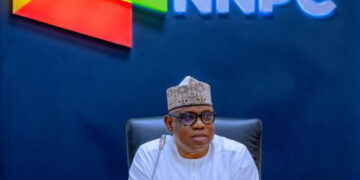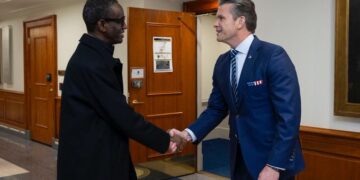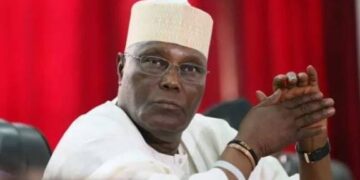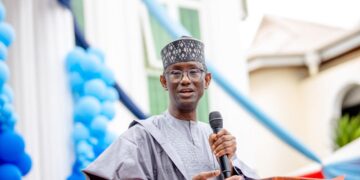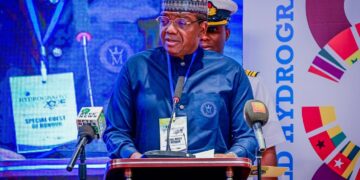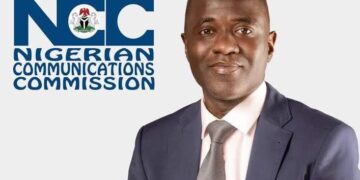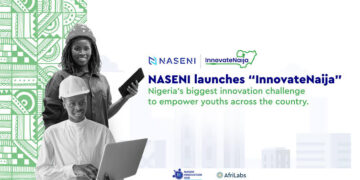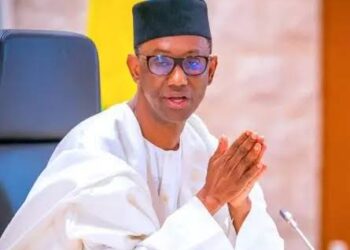The Buhari Media Organisation (BMO) has pointed out that previous PDP-led governments’ failure to embark on viable social investment programmes meant that the Buhari Administration had to start from the basics by initiating economic policies that empower millions of Nigerians who are working their way out of extreme poverty.
“Those vulnerable segments have become productive and self-employing, having been identified and empowered with entrepreneurial skills and seed capital”.
Reacting to comments by former Vice President Atiku Abubakar accusing the present administration of overseeing massive unemployment, BMO noted that while Nigeria has not been spared the high jobless figures caused by the global recession and the effect of Covid-19, the robust economic measures put in place by the Buhari administration have saved Nigeria from a far worse situation.
In a release signed by its Chairman, Niyi Akinsiju and Secretary Cassidy Madueke, BMO identified the years of the locust, the period between 1999 and 2015, during which previous PDP-led governments wasted time and resources in public asset-stripping and unbridled consumption rather than focus on poverty alleviation schemes targeting relevant vulnerable demographics.
“Policies they failed to initiate is what the Buhari administration is initiating now. The productive capacity of primary national demographics is being activated through sustainable empowerment schemes like the Conditional Cash Transfer for rural dwellers and the Urban Cash register through which this government empowers over 50 million people to become self-sustaining.”
BMO accused previous PDP-led governments of which Mr Atiku Abubakar was a crucial player in trivialising the fight against poverty. “They only succeeded in turning Nigeria into an Okada and Keke NAPEP economy. You cannot fight poverty by sharing tricycles with graduates and youths in their productive age. You need to train young people in entrepreneurship and provide them with investable capital, which is what the Buhari administration has been doing.”
BMO picked holes with the alternative policy measures put forward by Atiku Abubakar, describing them as irrational and illogical proposals by someone who exiled himself to Dubai to avoid being accosted by angry Nigerians whose commonwealth he and his co-travellers frittered while in office.
“When you scrutinise Atiku’s proposals, you find them hollow and untenable. Why did he not implement them when he was in office? He talks about removing taxes but then what taxes is he referring to? Already, this administration has exempted companies with less than a N25million turnover from paying taxes while workers who earn the national minimum wage no longer pay income tax. This tax-exempt policy is augmented by appropriate fiscal policies that have improved ease-of-doing-business in Nigeria.
“Nigerians should be asking Atiku where the money he wants to share will come from. Buhari’s economic empowerment model goes beyond sharing money, its major plank is moving millions of active demographics from underemployment into productivity. Since Nigeria operates a federal system of government, the Federal Government lacks the authority to compel States and Local Governments to adopt its anti-poverty models as they are free to choose what works for them.
“Our takeaway from Mr Atiku’s proposals is that having physically distanced himself from Nigeria, he is in no position to evaluate the salutary impact of the policies and programmes of the Buhari administration and how they are changing lives”.

